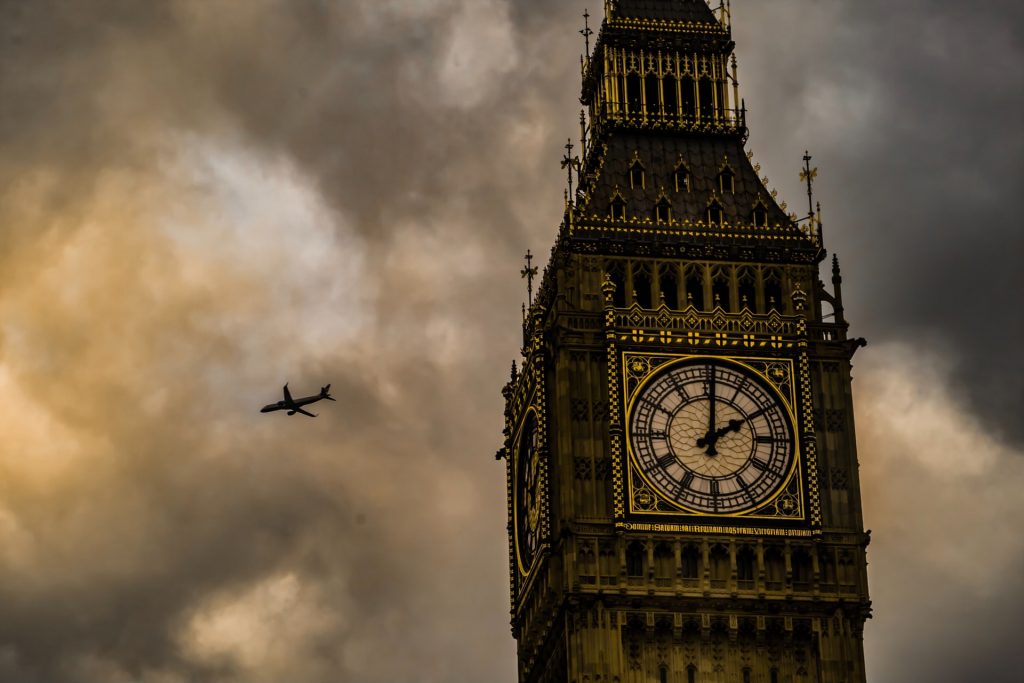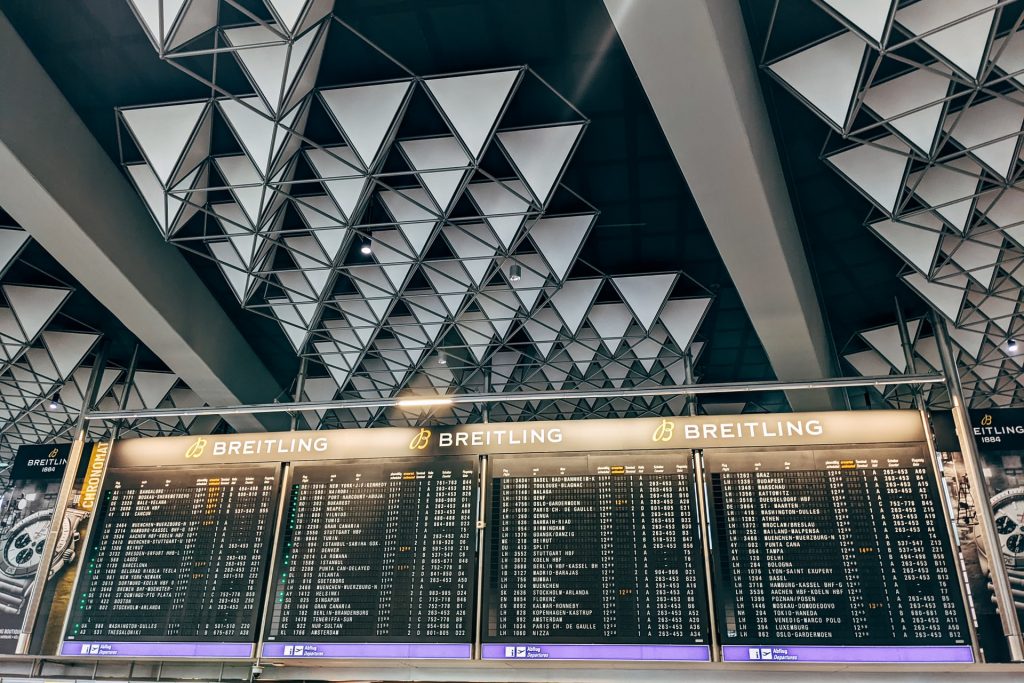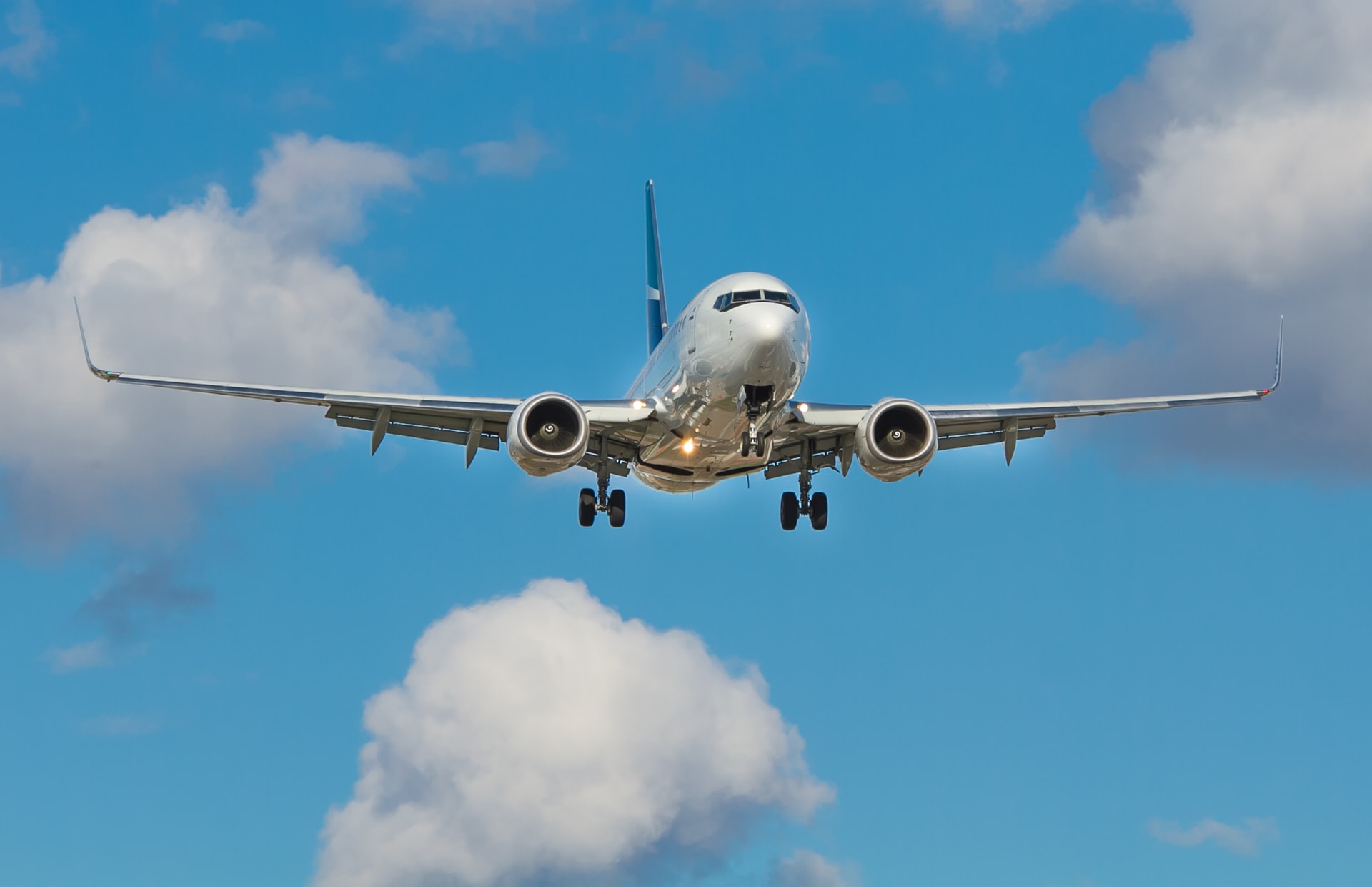The UK is continuing its push towards zero emission flights, with the creation of a new technology, infrastructure and regulation steering group and the promise of hundreds of millions of pounds in further investment.
The new Zero Emission Flight (ZEF) Delivery Group will support the development of zero emission aircraft and airport infrastructure, and examine possible legal changes to help make sustainable flying possible.
“We are determined to revolutionise flying and we want to see everyone have the opportunity to travel guilt-free,” says transport secretary Grant Shapps.
“…To bring forward the flight technology of the future, and through our new Zero Emission Flight Delivery Group, we will help create thousands of jobs around the country and take another step toward zero emission flights.”
The new group will be led by aviation expert Rachel Gardner-Poole, who has more than 20 years of experience in military and commercial aviation, and is currently the chief operating officer for the Connected Places Catapult.
It will advise government and the Jet Zero Council (JZC) on how to accelerate the adoption of zero emission aircraft in commercial passenger and freight air transport, and develop a coordinated approach to the changes to infrastructure needed at airports and airstrips.

The government says it will invest £685 million in aerospace R&D over the next three years through the Aerospace Technology Institute (ATI) Programme
It will also help guide the development of a regulatory framework to enable the commercialisation of zero emission aircraft, and on ways of supporting new zero-emission commercial routes from UK airports.
To support these plans, the government says it will invest £685 million in aerospace R&D over the next three years through the Aerospace Technology Institute (ATI) Programme, announced in March.
Another £125 million – matched by £175 million from industry – will be used to support Innovate UK’s Future Flight Challenge. This will soon announce the winners of its third funding competition, including groups working on electric flight technologies that could be used in sub-regional aircraft.

A report from clean transport campaign group Transport & Environment (T&E) concluded that UK domestic flights could be operated by electric and hydrogen aircraft as early as 2028.
Other recent government announcements include the ATI-led FlyZero project’s concept for a mid-sized aircraft delivering hydrogen-powered flight, capable of carrying 279 passengers anywhere in the world with just one stop to refuel.
Earlier this year, a report from clean transport campaign group Transport & Environment (T&E) concluded that UK domestic flights could be operated by electric and hydrogen aircraft as early as 2028.
It recommended increasing public investment in zero emissions aircraft, funded by a tax on fossil kerosene. It also supports an increase of the share of internal flights flown by electric and hydrogen aircraft from 2028, and a ban on polluting aircraft being used on domestic routes from 2040.
“A ban on conventional aircraft for domestic flights is necessary if the government wants to fulfil its Jet Zero ambitions. A 2040 deadline for polluting jets will help transform the UK into a global leader on zero-emissions aircraft,” says Matt Finch, UK policy manager at T&E.
“Electric and hydrogen aircraft should be supported with taxpayer money in the early years, before airlines are required to use them by law.”
To learn more about Ryze Hydrogen click here.






